Outcomes of the Development Programme “My Company of the Future”
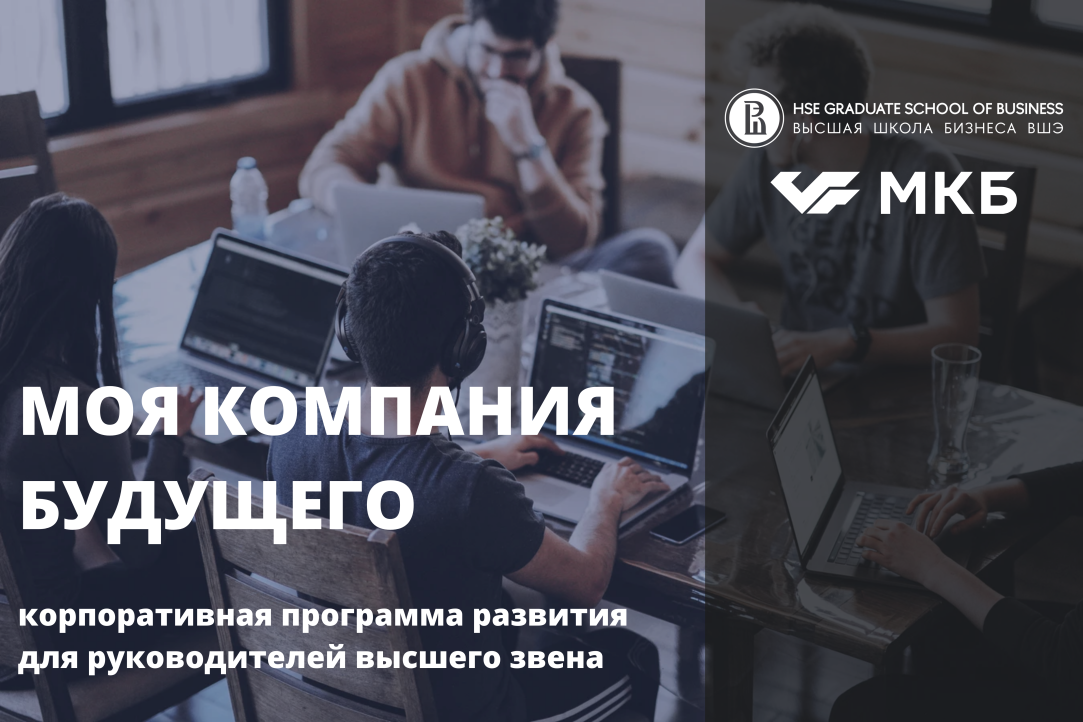
In 2019, the top management of Credit Bank of Moscow decided that it is necessary to conduct a successor development programme to train strong leaders capable to respond to the challenges of the market, which is crucial for sustainable development in a highly competitive banking sector. GSB collaborated with Credit Bank of Moscow in the development and implementation of the programme aiming at unleashing the potential of successors and developing competencies that they need for a managerial career in the bank.
Graduate School of Business designed a comprehensive programme consisting of four in-person modules with additional assignments that included distance learning (webinars and case solving) and project work on a real business case. In addition, the programme involved working with personal coaches throughout the studies to raise the participants’ consciousness and level of responsibility for their development.
The programme developed by GSB in partnership with Credit Bank of Moscow includes disciplines on leadership and management, strategy and finances, change management and project management. The programme’s curriculum paid special attention to personal efficiency development, improving communication, presentation and negotiations skills. For the participants, the brightest and most memorable moments were training in coaching management style, "SuperCloud Technology" business-simulation for rehearsing the management cycle, which GSB developed specifically for this programme, and energy management training that included breathing techniques for recovery and relaxation.
Human Resources Director of Credit Bank of Moscow Alyona Efremova commented on the outcomes of the programme:
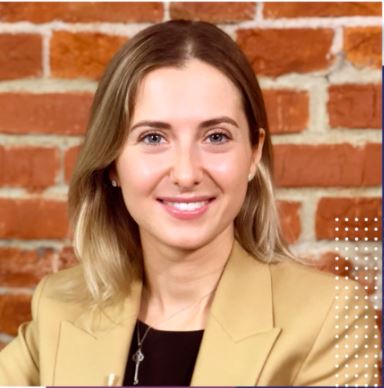
For us, the most important outcome of the programme is that our employees developed required skills and competencies, gained additional knowledge about managing an organization and staff, worked on their personal efficiency and teamwork, learned more about the coaching style of management, discovered their strengths and development zones during personal coaching sessions, and actively interacted with each other during the project work. The project work was one of the biggest and most important components of the programme. Participants had to defend their projects before the board of the bank and received high scores from the experts.
The main challenge during the programme was the pandemic. At the end of March 2020, the programme was in the middle of its course with 2 out of 4 in-person modules completed.
Victoria Yakushina, Project Head of GSB Executive Education Centre:
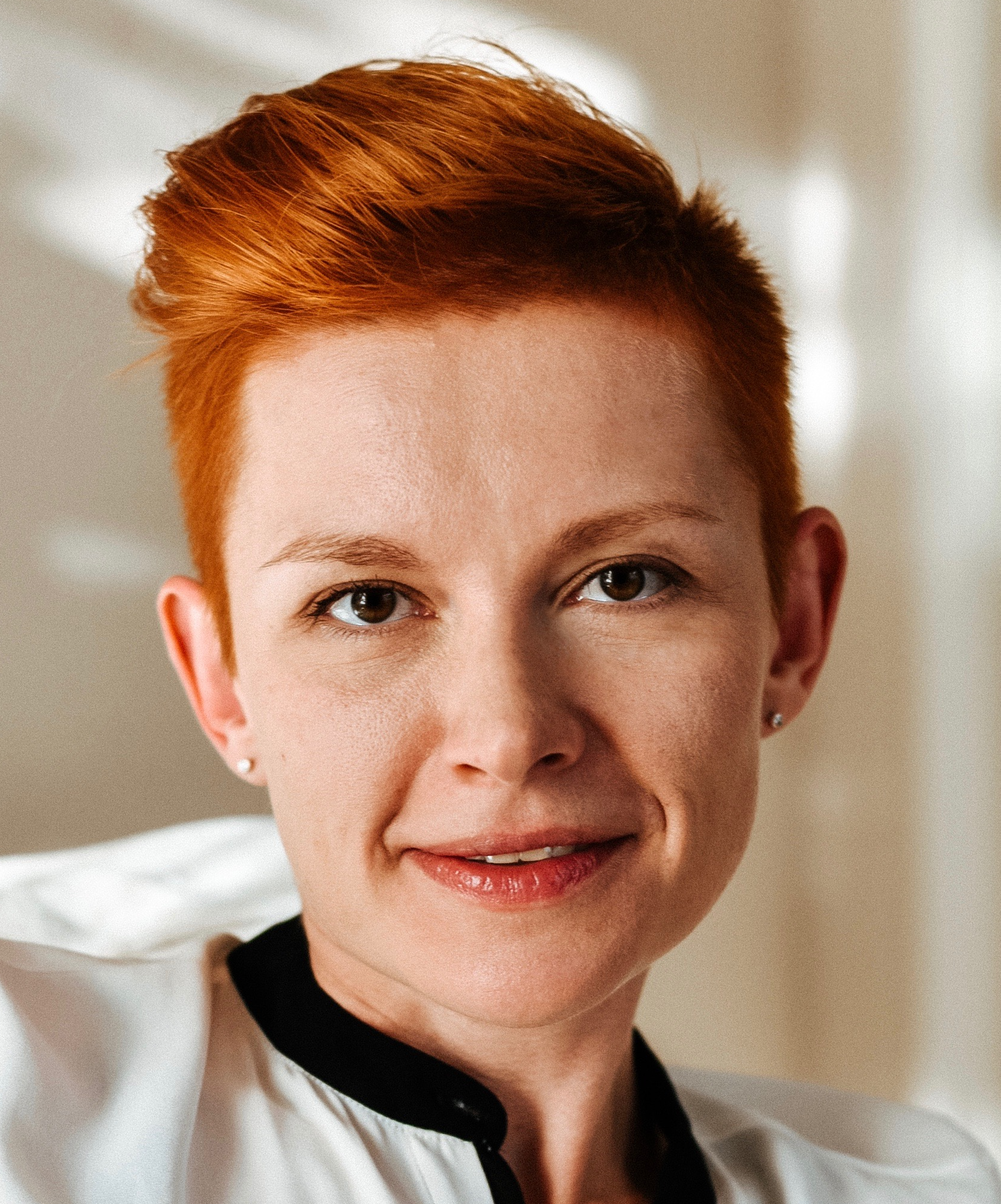
In March 2020, we made a pause to consider advantages and disadvantages of the situation, opportunities and threats we faced. In summer, we continued working on the programme in the live virtual format. We had to fully rebuild the programme’s design; together with our client we had doubts about the efficiency of converting traditional in-person negotiations and communications training and classes on coaching tools in management into distance learning. We had to do additional work with participants to increase their engagement in distance-learning format and help them use digital tools, as well as we worked with lecturers and speakers to adapt their content to the new format and make it as interactive as possible. As a result, the programme participants noted that the distance-learning format is unusual for them but it turned out to be effective: it did not prevent full engagement in the learning process and did not lower its quality.
Here is how students of the programme describe their educational experience:
‘The programme let me not only systematize my knowledge but also update it. During the studies, I have had many insights and discoveries. Certainly, I appreciate the opportunity to go through this programme, this experience is valuable for me, it has left a mark on my career and personal growth.’
‘Thank you so much for the format and content of the programme, which you set up for us. I want to highlight the importance of classes on presentation skills. It seems like we all need to hold presentations every day, but we do not pay attention to some important details. In class, we focused on them. I have already started using this information.’
‘The most important for me is that now after this programme we have better communication at work.’
‘It is important to broaden horizons. It turns out that there are many different ways to solve a case when you think there is only one. Now, we know where to find other options.’
‘We leveled up with the help of different software. Our psychological state is also different – now I want to put the classes’ theory into practice as soon as possible. For me, the main challenge is to keep this state of mind in which I am always ready to use new skills and knowledge.’
Some of the attendees of the programme have already had promotion or they have readily taken new responsibilities. The next step in development of the ‘culture of succession’ at Credit Bank of Moscow is to cascade down this programme for the heads of independent structural units. Those, who have finished the programme ‘My Company of the Future’, will participate in the next stage of the programme as experts and mentors.
Natalia Shumkova, HSE deputy vice rector:
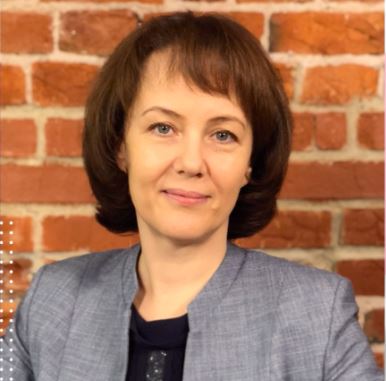
We were happy to design and hold this programme of successors’ development ‘My Company of the Future’, and we were glad to contribute to successful project defenses and career development of the programme’s attendees. I would also point out that we managed to provide our attendees with convenient and useful experience, and the attendees highly assessed that. We received the highest evaluation: NPS* of the programme is 100, which means that the programme was a success.
*NPS (Net Promoter Score) is the percentage of customers rating their likelihood to recommend a company, a product, or a service to a friend or colleague.
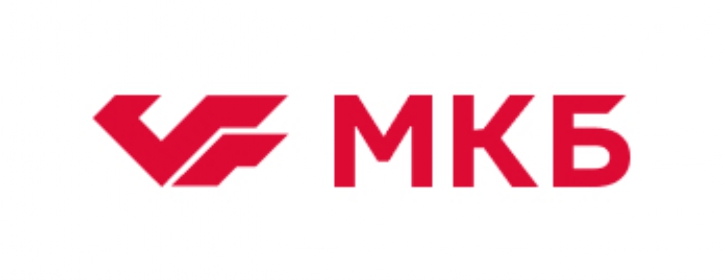
Credit Bank of Moscow – universal commercial private bank that provides corporate and private clients and financial and credit institutions with the whole range of banking services. The bank is in the list of systematically important credit organizations authorized by Central Bank of Russia.
The bank was founded in 1992. Roman Avdeed is the current beneficial owner of the bank. CBM is the second private bank in terms of assets (third quarter of 2020, Interfax-100 ranking).
Reliability and sustainability of CBM is approved by rankings of the leading Russian and international agencies: ‘A’ from ACRA, ‘A’ from ‘Expert RA’, ‘Ba3’ from Moody’s; ‘BB’ from Fitch; ‘BB-’ from S&P, ‘A+.ru’ from National Credit Rankings.
